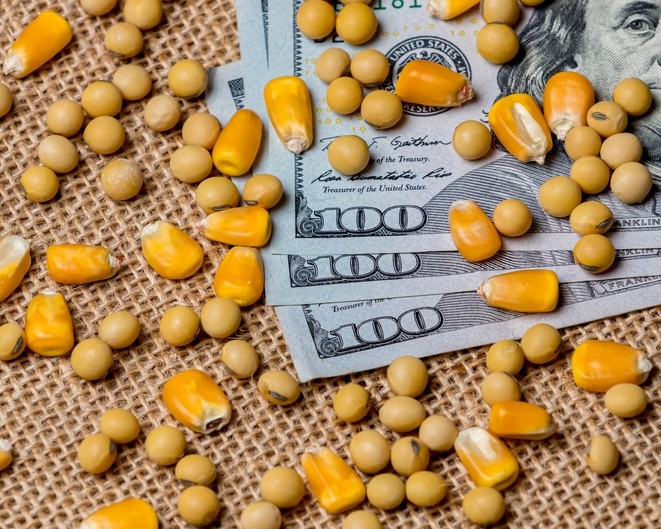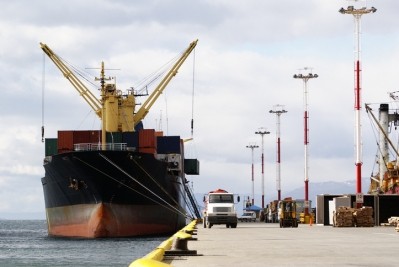Argentina's export restrictions and strong US export sales pushing up global maize prices

Argentina, which accounted for 22% of global maize [corn] exports in 2019/20, as per USDA data, has suspended exports of maize until February 28, to protect domestic supplies. The country is dealing with food price inflation and a contracting economy, somewhat related to the COVID-19 pandemic, noted the analysts.
Dry weather is also forecast across much of South America for the next two weeks. Recent rainfall supported crop development and planting. A return to drier weather could slow planting in Argentina and adversely impact developing crops, found the AHDB report.
Global demand for maize is already expected to exceed supply this season. Any South American crop losses are likely to widen this deficit. “If this happens, more wheat may need to be used as animal feed globally in place of maize.”
They said that possibility is helping wheat prices to rise. "The maize market is currently a key influence on wheat prices because the global wheat market is well supplied in 2020/21."
Chinese demand for soybeans unabated
Continued lack of substantial rainfall for Brazil and Argentina has worried markets over the condition of the soybean crops. Demand from China looks set to continue over the near future, providing support for soybean markets, wrote the grain and oilseed market specialists.
“Though areas of Brazil have received rains, it has mostly been in the form of scattered showers rather than the widespread rainfall that is typical for this part of the year. Soil moisture levels for key producing regions are below average. This, along with soybean demand from China, has been a key bullish factor for markets for several weeks now.”
Chinese demand seems set to continue too. “In the run-up to Chinese New Year on February 12, soybean demand could increase from the poultry sectors and the recovering pork herd.”
Meanwhile, Argentina’s export tax on soybeans and other agricultural commodities will increase this month, they reported.
“The tax will be 33% for soybeans. Back in October, the then-incoming political administration reduced export taxes to 30% for soybeans to incentivize farmer selling. However, poorer weather conditions this season have meant an increased need to keep agricultural products in the country and the tax has slowly increased.”
Finally, they said stricter coronavirus lockdown measures in the UK and across Europe could pressure rapeseed prices.












